Kashmir is not only about snow-clad mountains, shikara rides, and tulip gardens—it is also a land of timeless craftsmanship and centuries-old artistry. If you are planning your trip and browsing through Kashmir luxury tour Packages, you will quickly realize that the valley offers some of the most exquisite souvenirs and handicrafts you can take home. Each item tells a story of tradition, patience, and skill passed down through generations.
From world-famous Pashmina shawls to intricate walnut wood carvings, every souvenir here reflects the spirit of Kashmir. This guide walks you through the best luxury souvenirs and handicrafts to buy in Kashmir, where to find them, how to verify authenticity, and shopping tips to make your experience smooth and memorable.
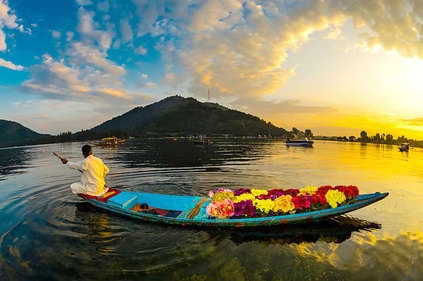
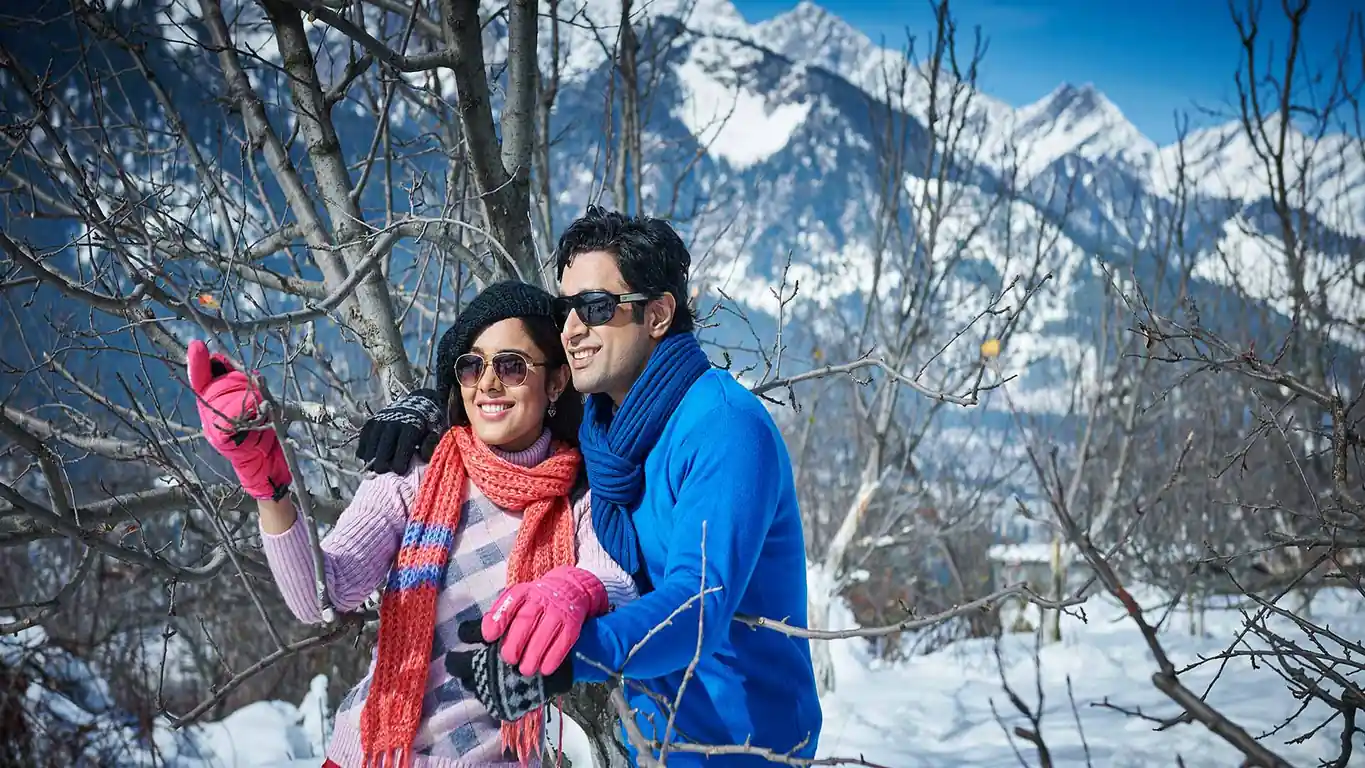
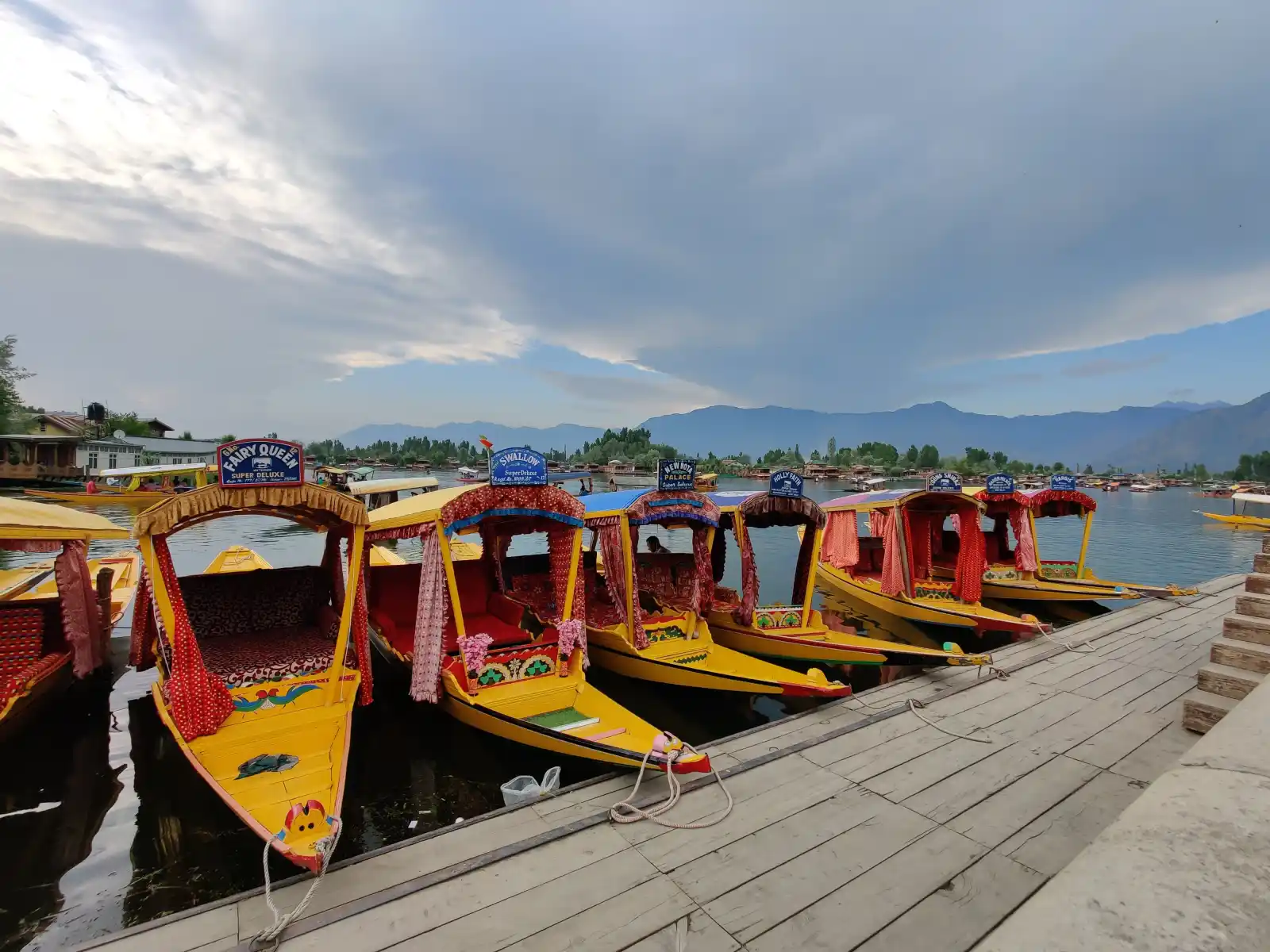

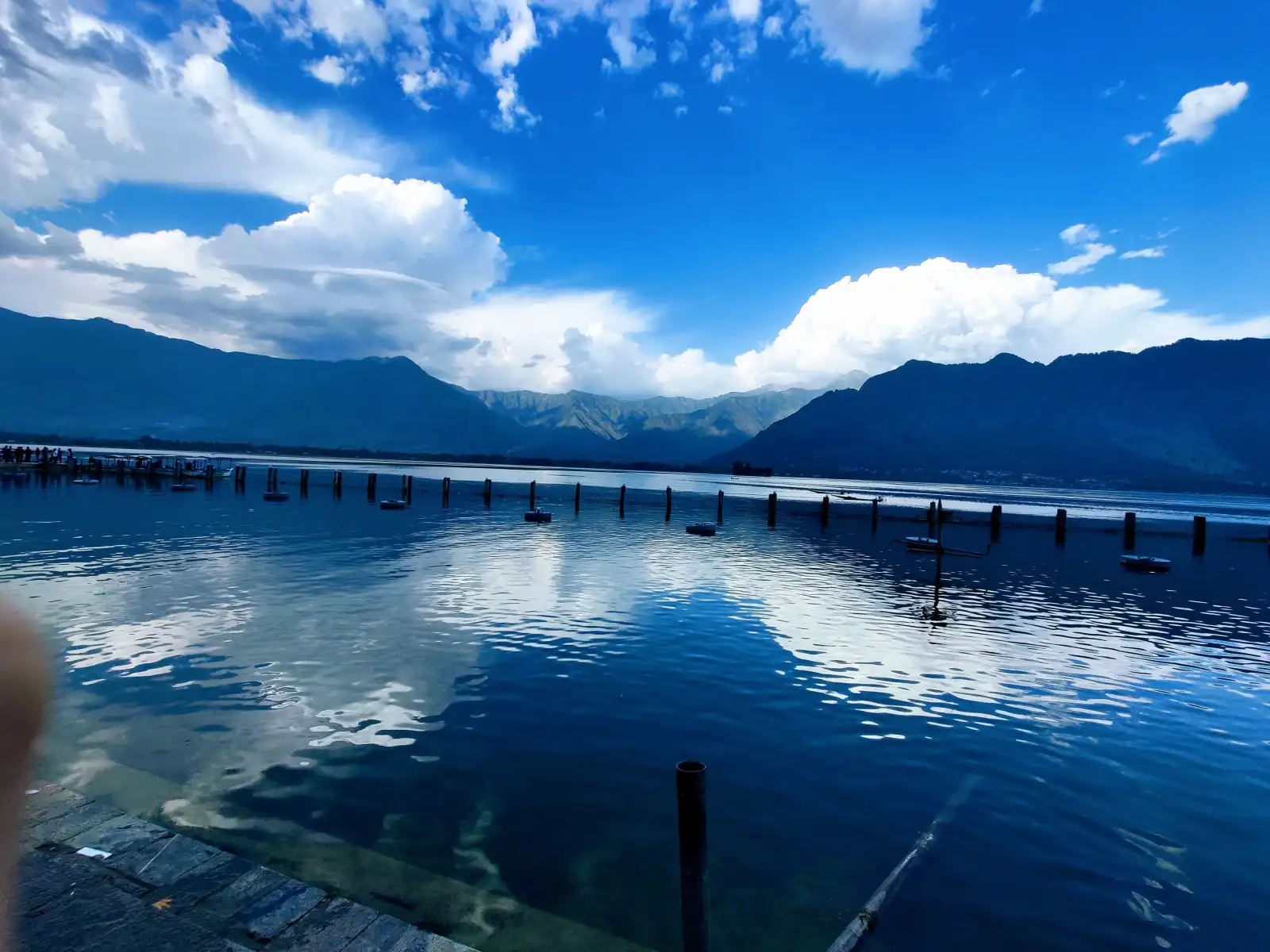
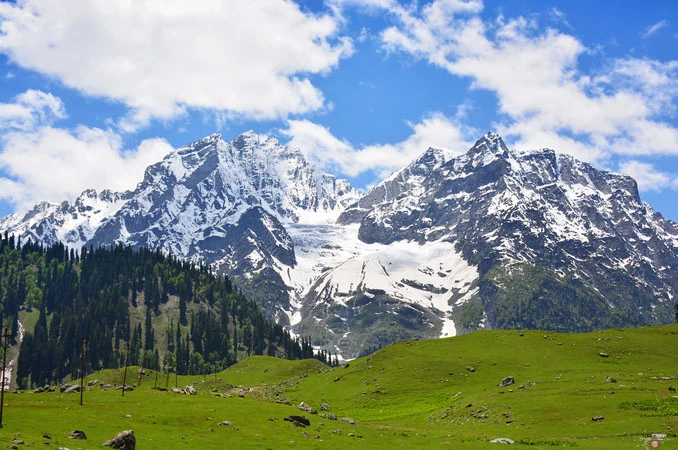
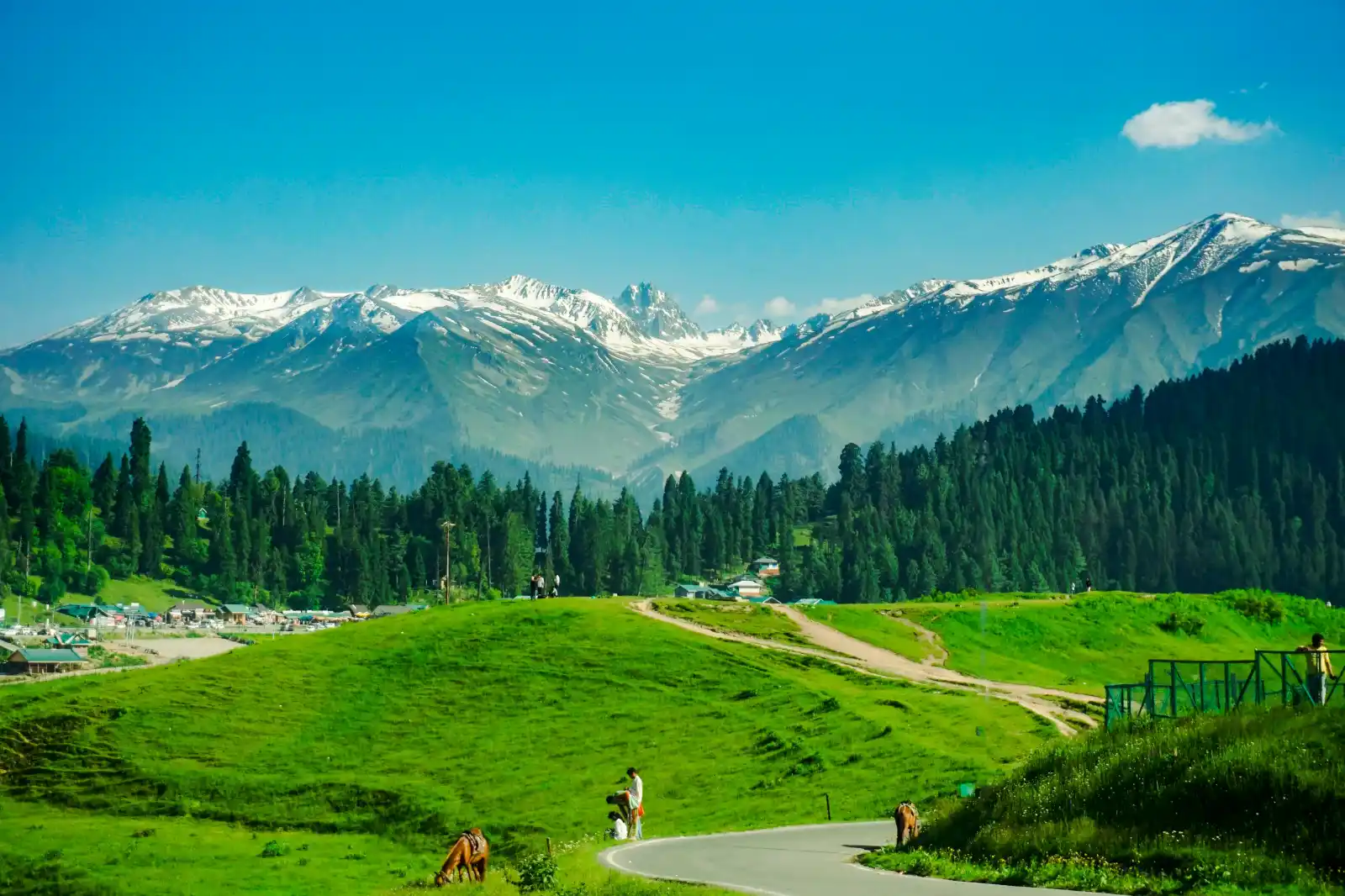
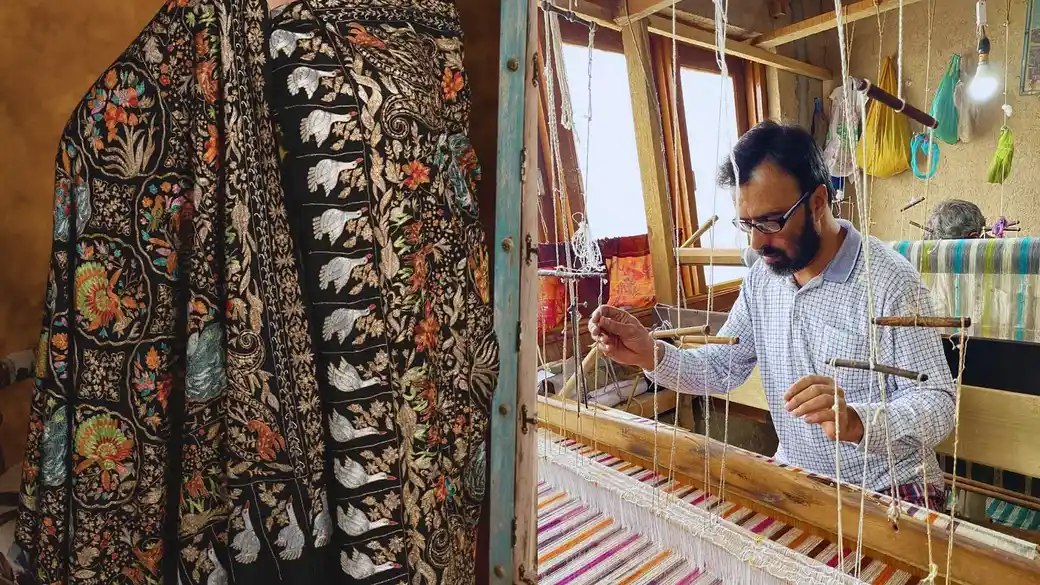
Pashmina is the crown jewel of Kashmiri handicrafts. Spun from the ultra-fine undercoat of Himalayan Changthangi goats, genuine Pashmina stands out for its warmth, feather-light softness, and elegant drape.
Why it is special: pure Pashmina is so fine that many shawls can pass through a small ring. Hand-spinning and hand-weaving can take weeks or months.
What to look for: plain handwoven Pashmina for timeless elegance; Sozni or Aari embroidered Pashmina for artisanal detail; Kani shawls woven with wooden needles for museum-worthy intricacy.
Where to buy: government emporiums and reputable boutiques in Srinagar, and craft clusters like Kanihama for Kani shawls.
Tip: genuine pieces are never “cheap.” Ask for written fiber content and certification when possible.
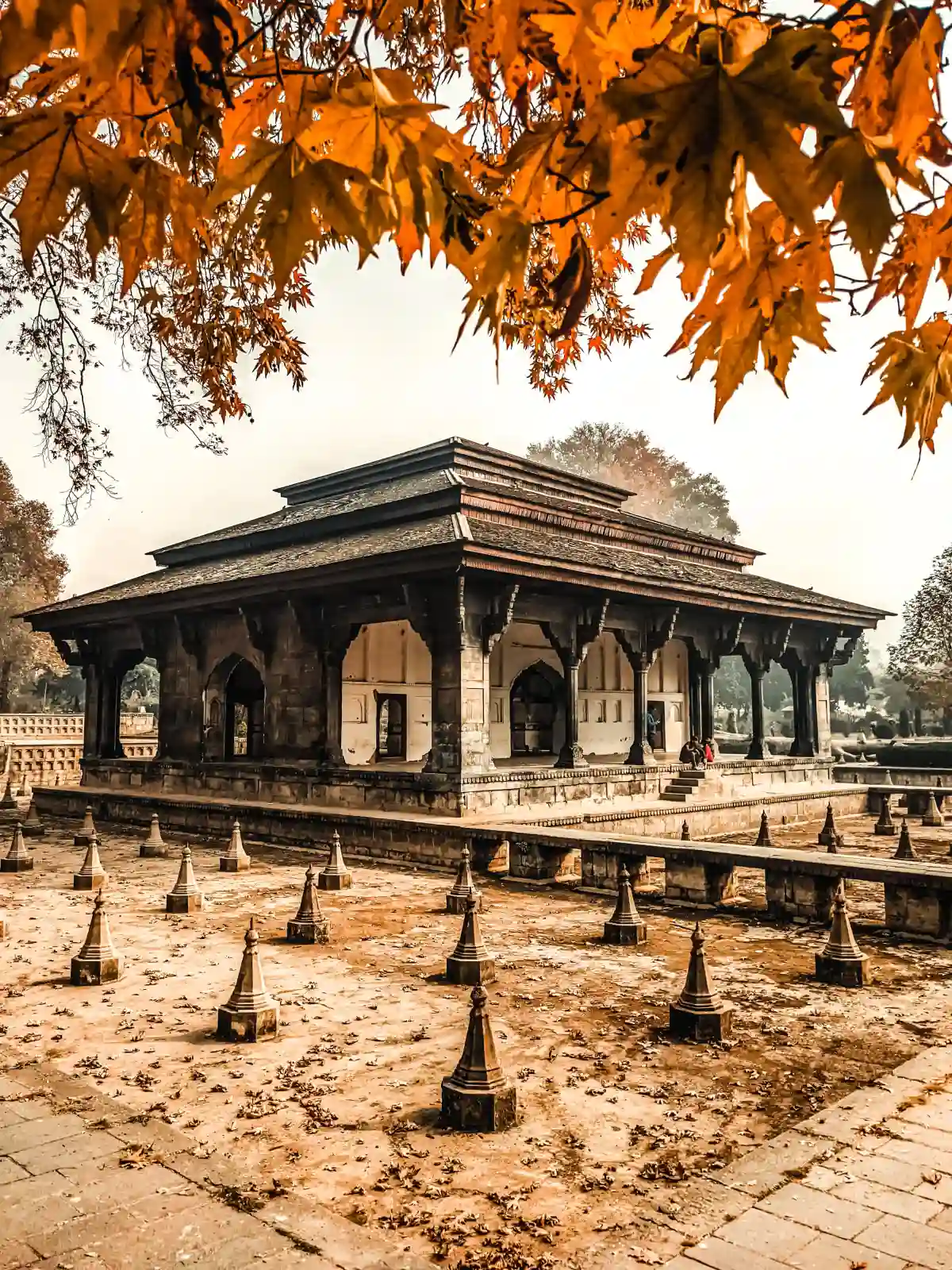
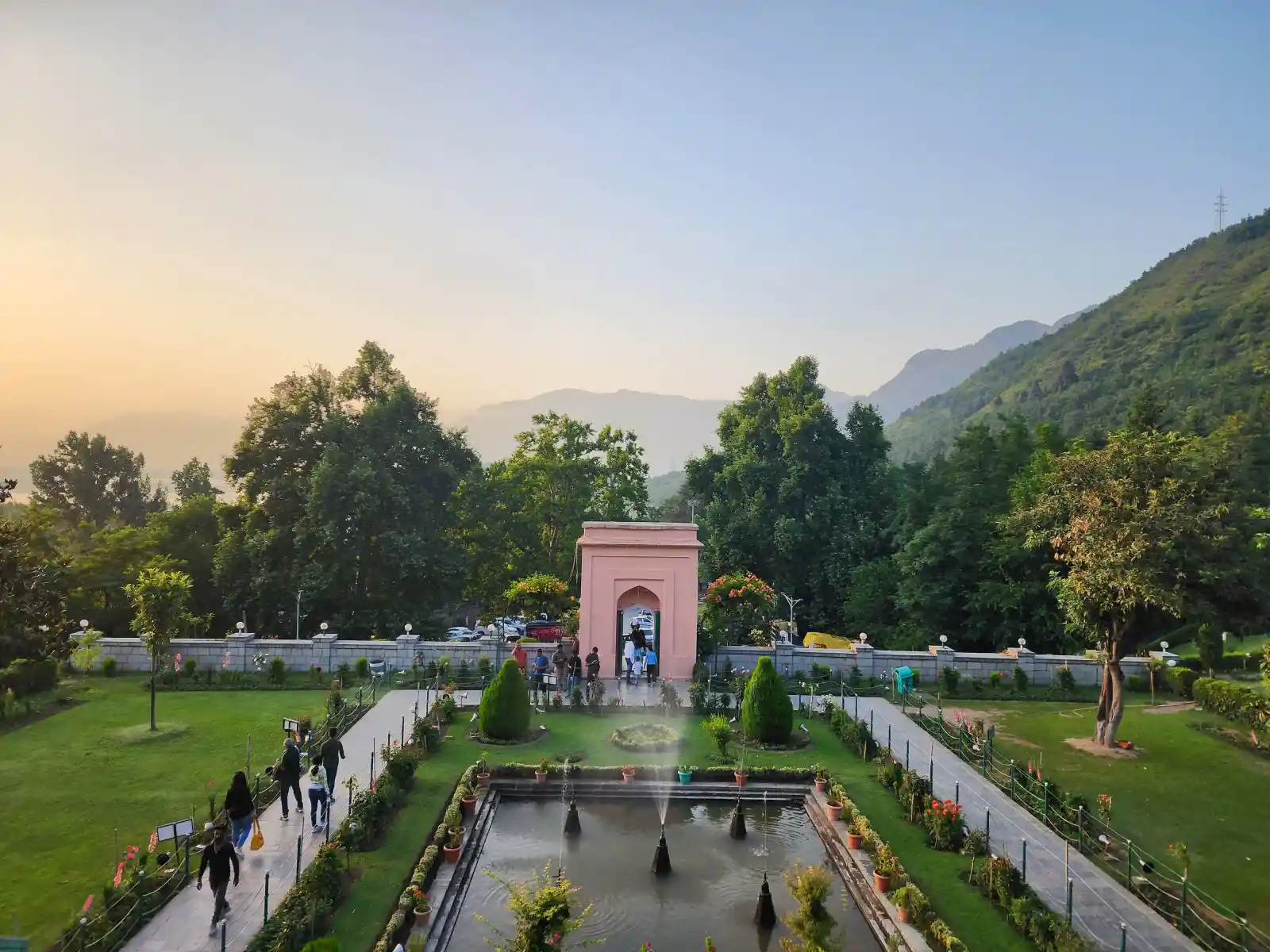
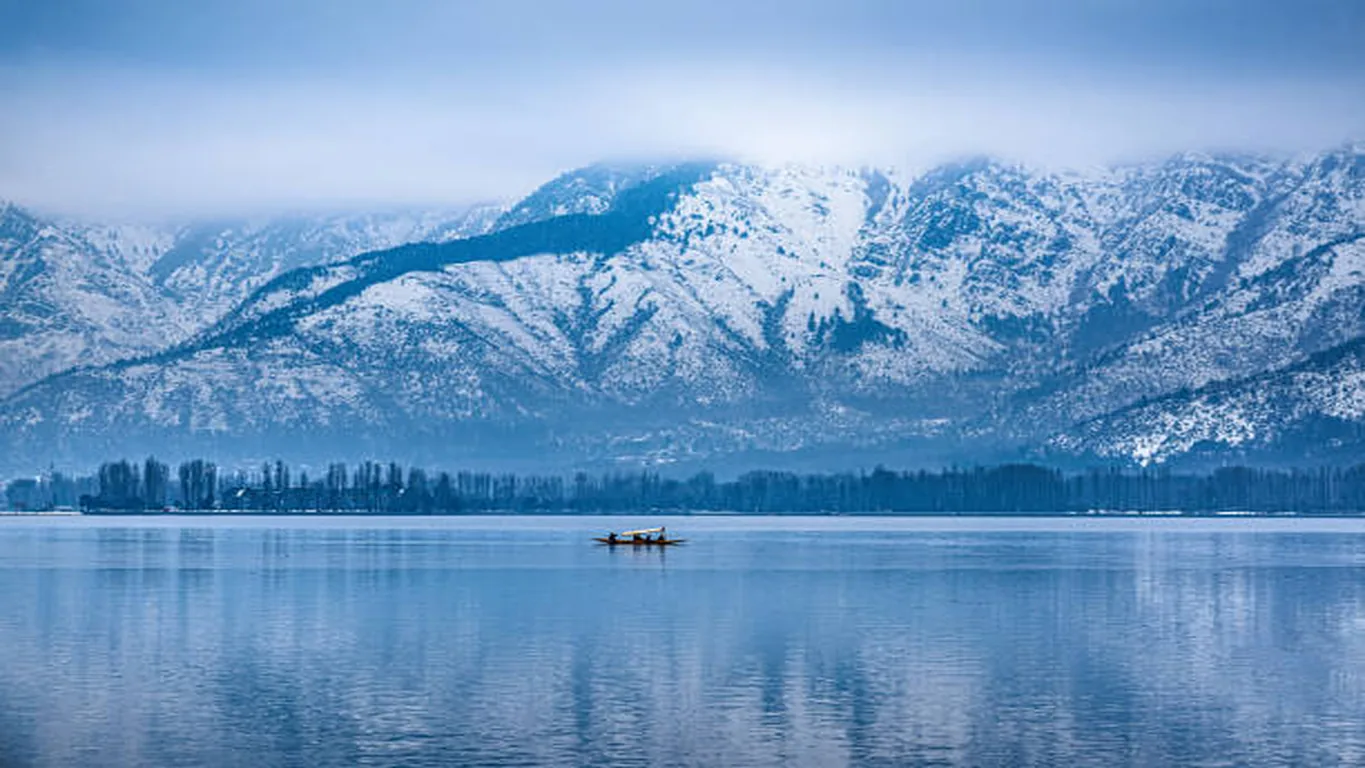


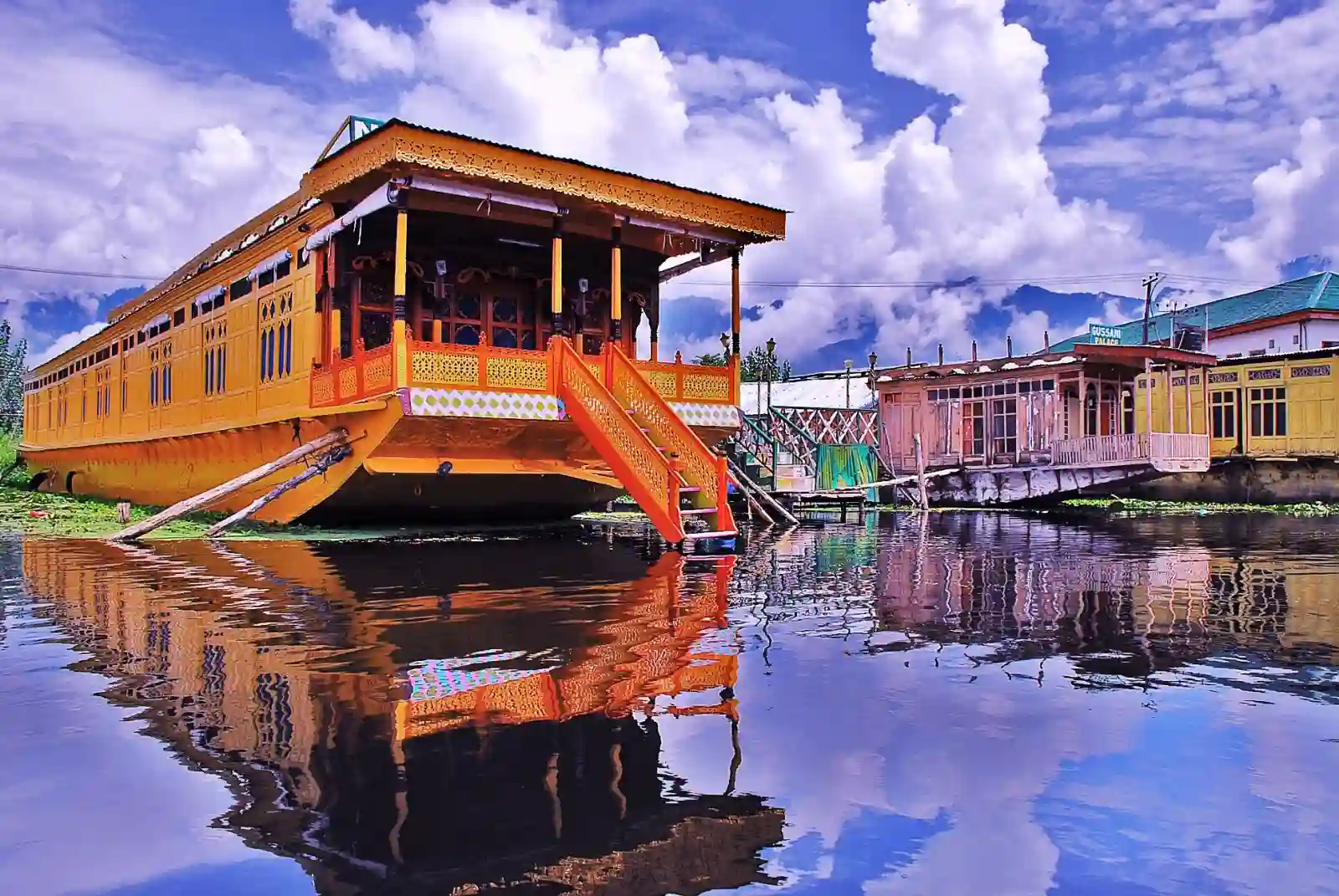
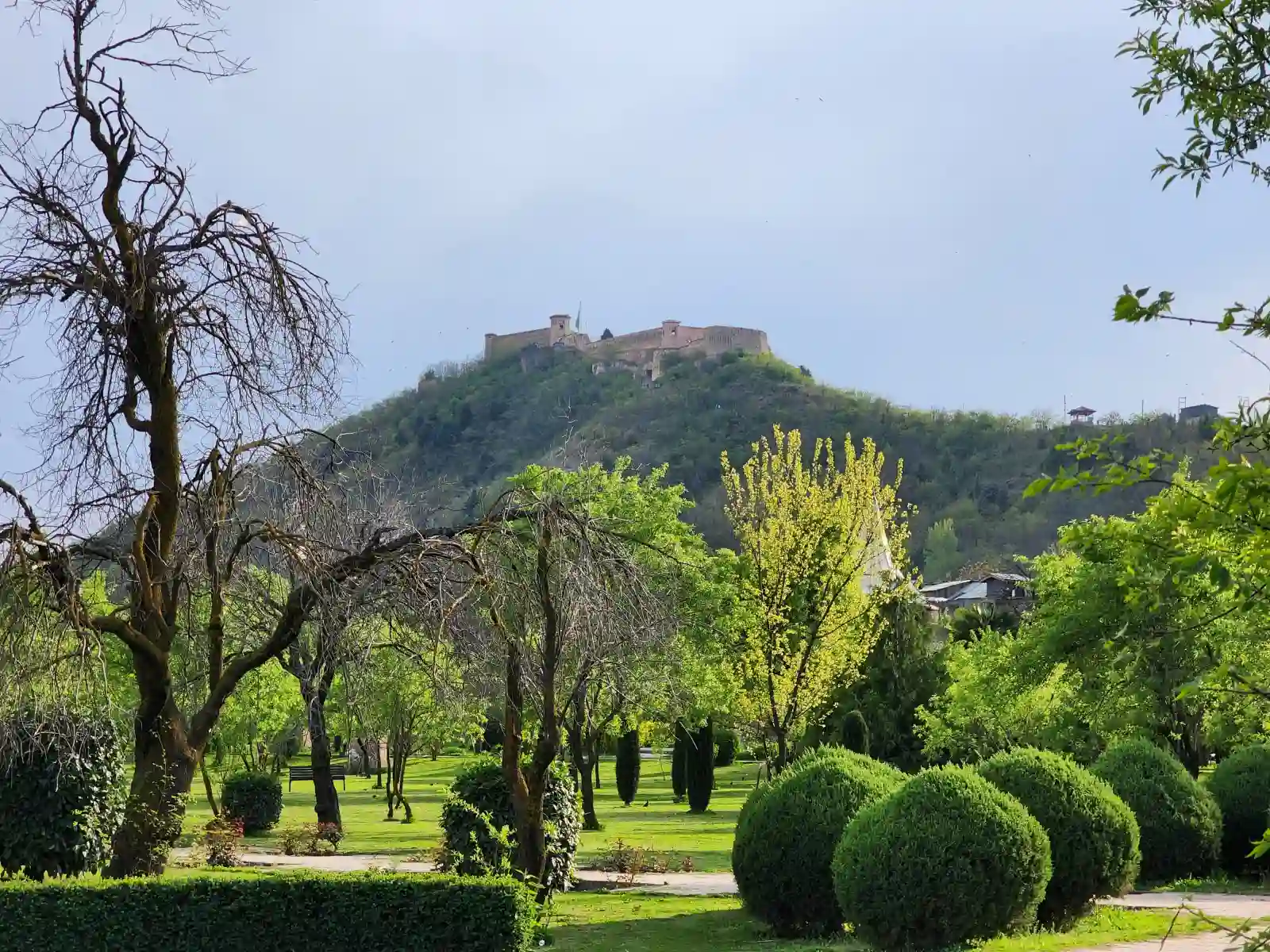
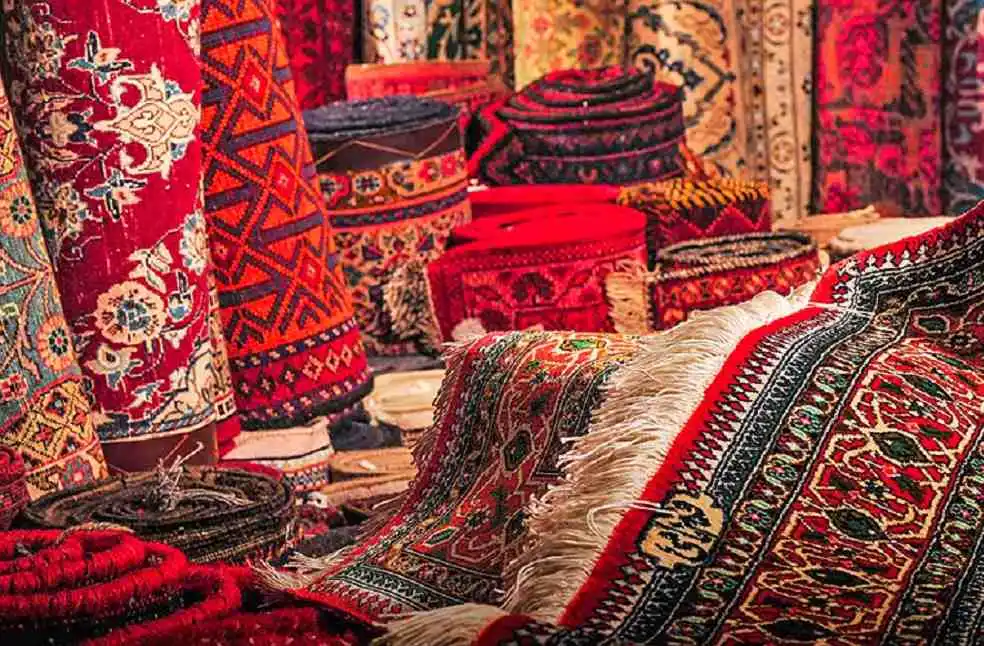
Kashmiri carpets are hand-knotted artworks influenced by Persian aesthetics and local motifs. They are made in pure wool, mulberry silk, or a wool–silk blend.
Why it is special: each knot is tied by hand; higher knot density means finer detail and more value.
Designs: garden themes, medallions, chinar leaves, and floral vines are common and elegant.
Where to buy: established carpet houses around Dal Lake and Boulevard Road, or artisan cooperatives that ensure fair pay.
Care: keep away from direct sunlight, vacuum gently, and rotate periodically for even wear.
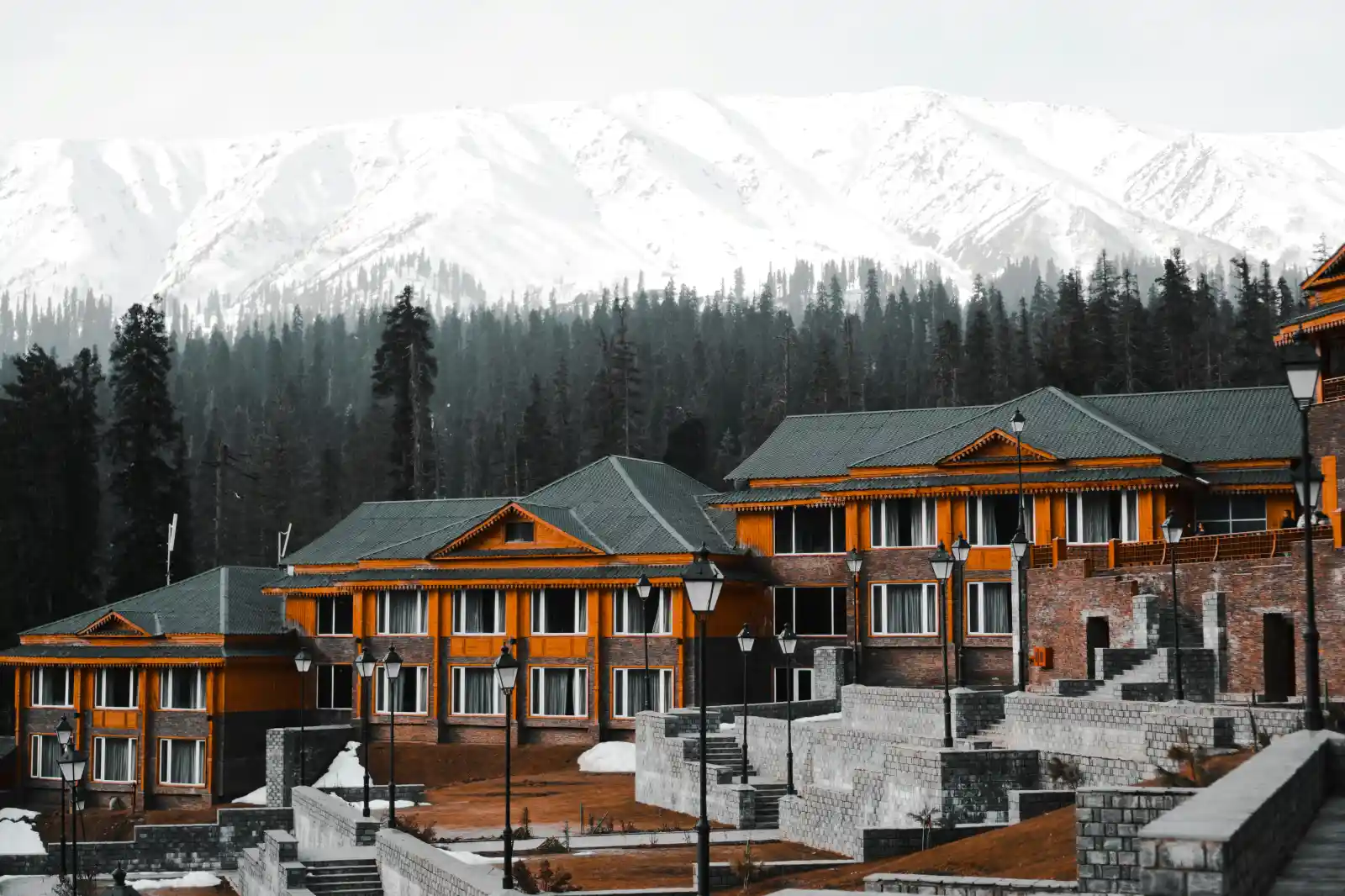
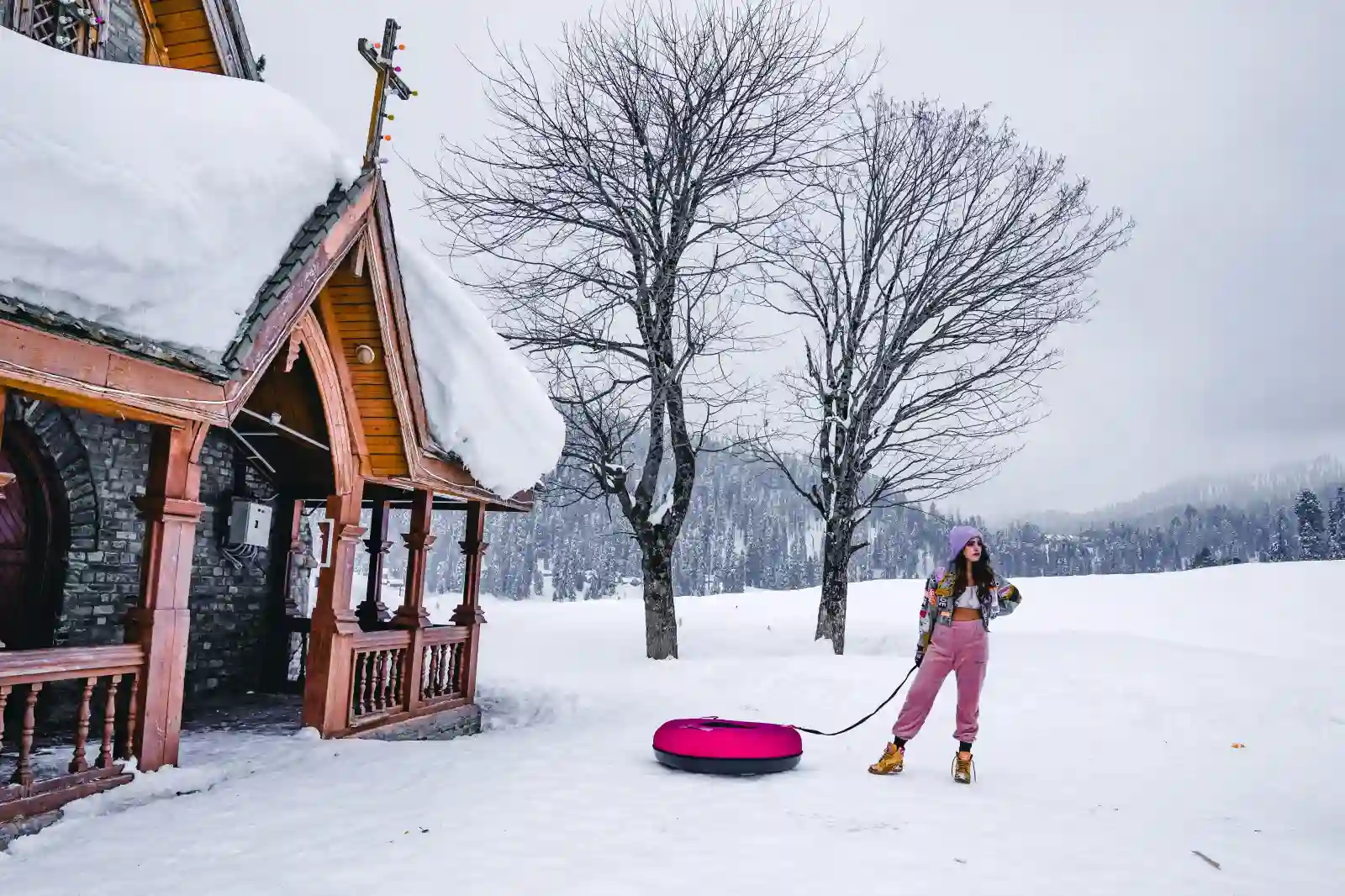
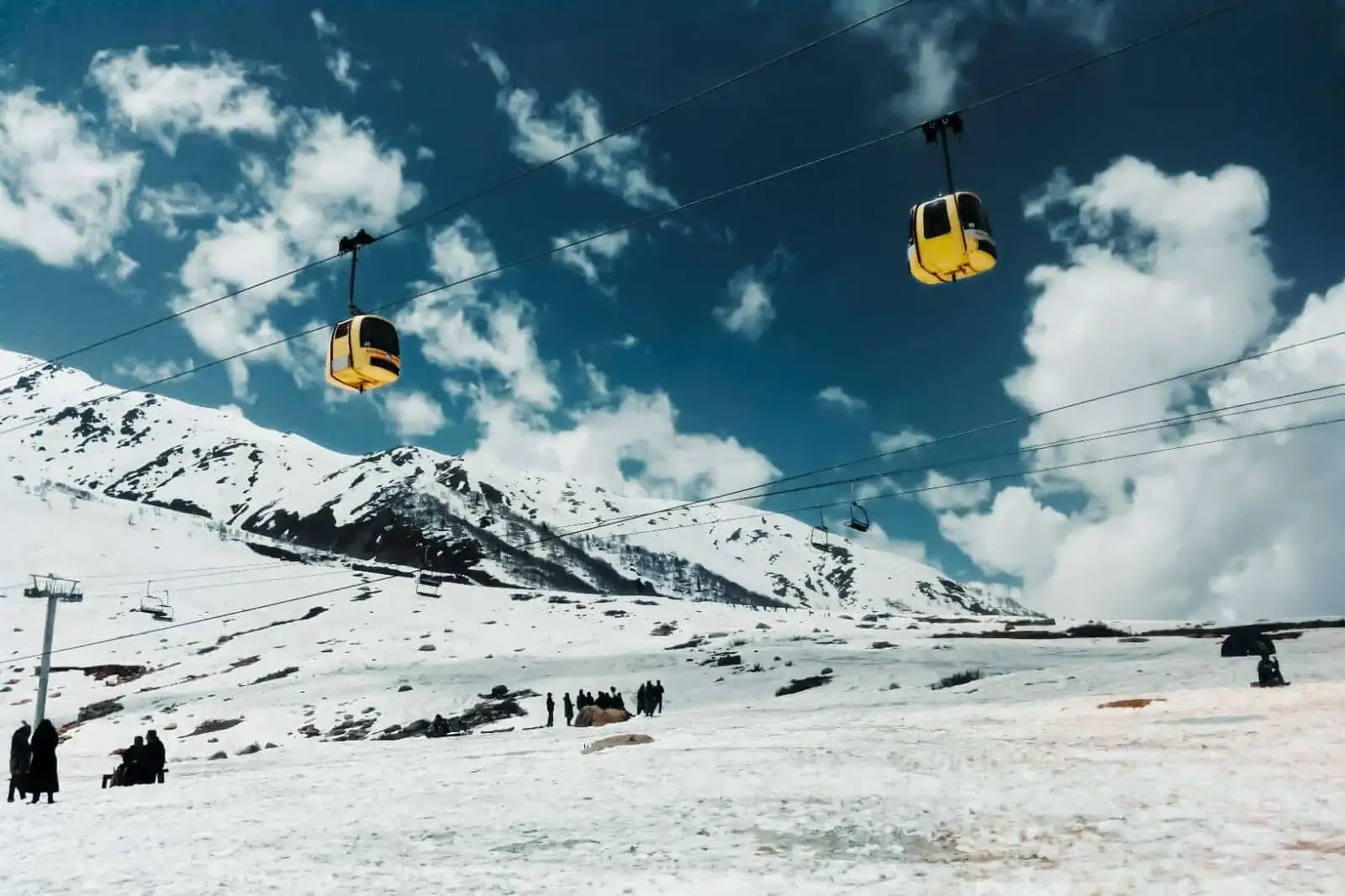
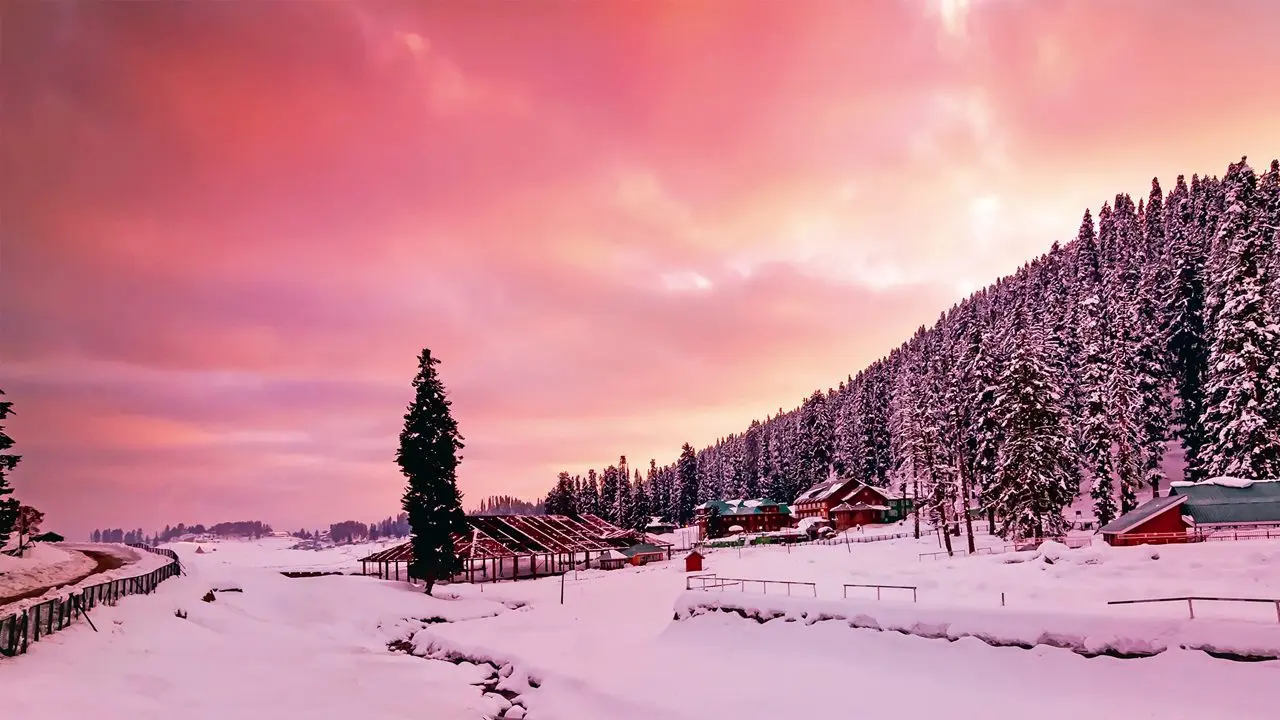
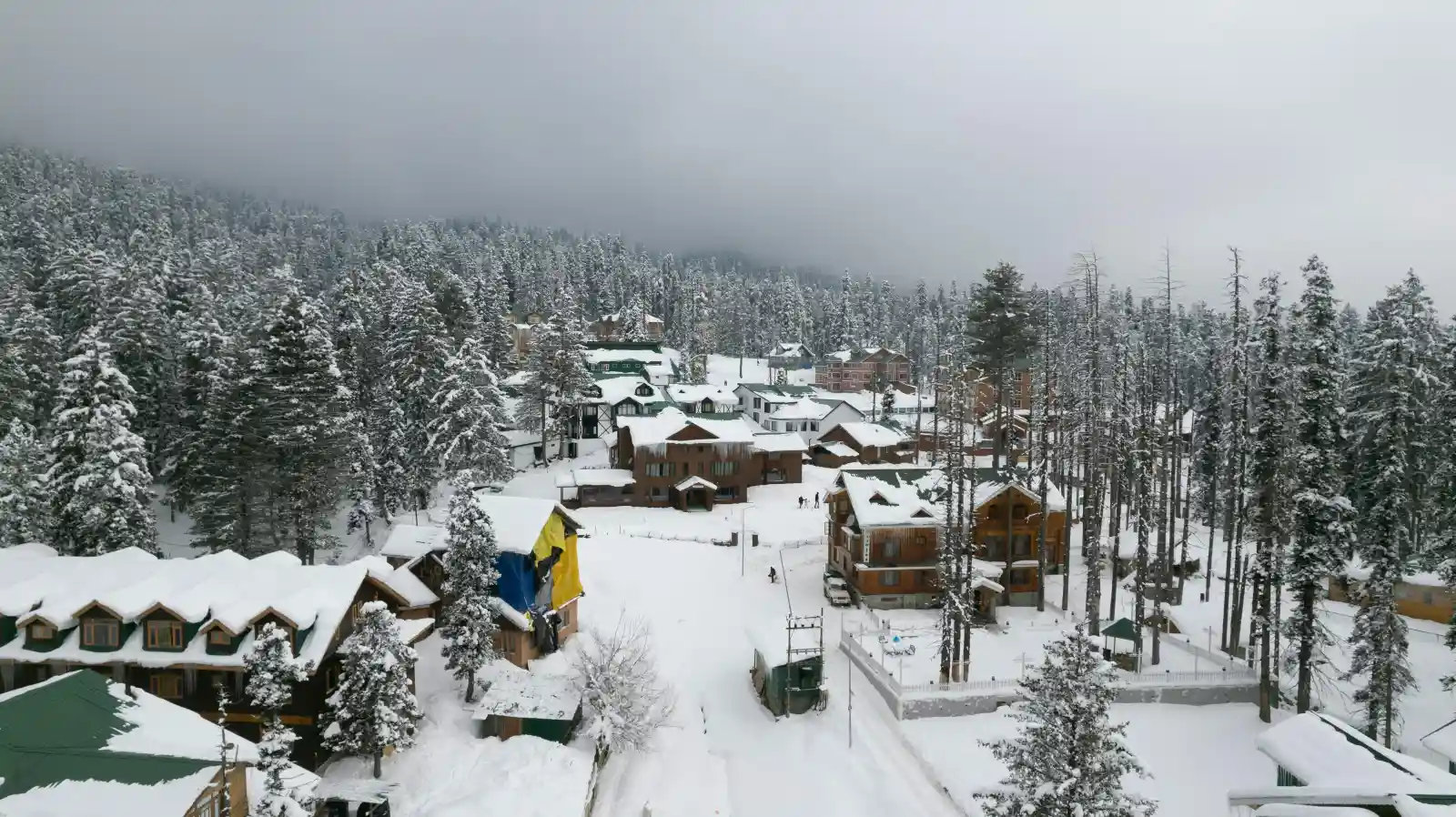
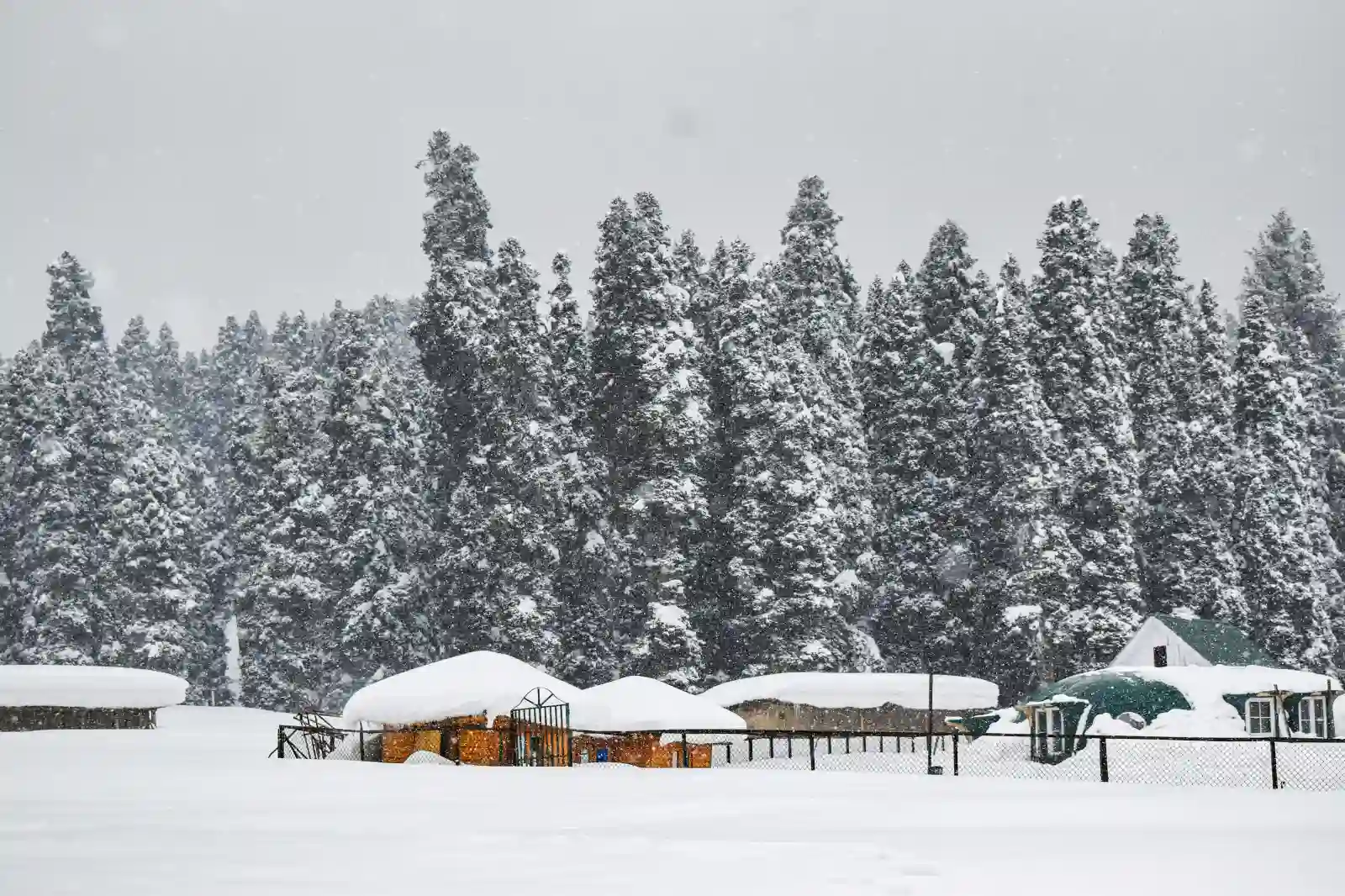
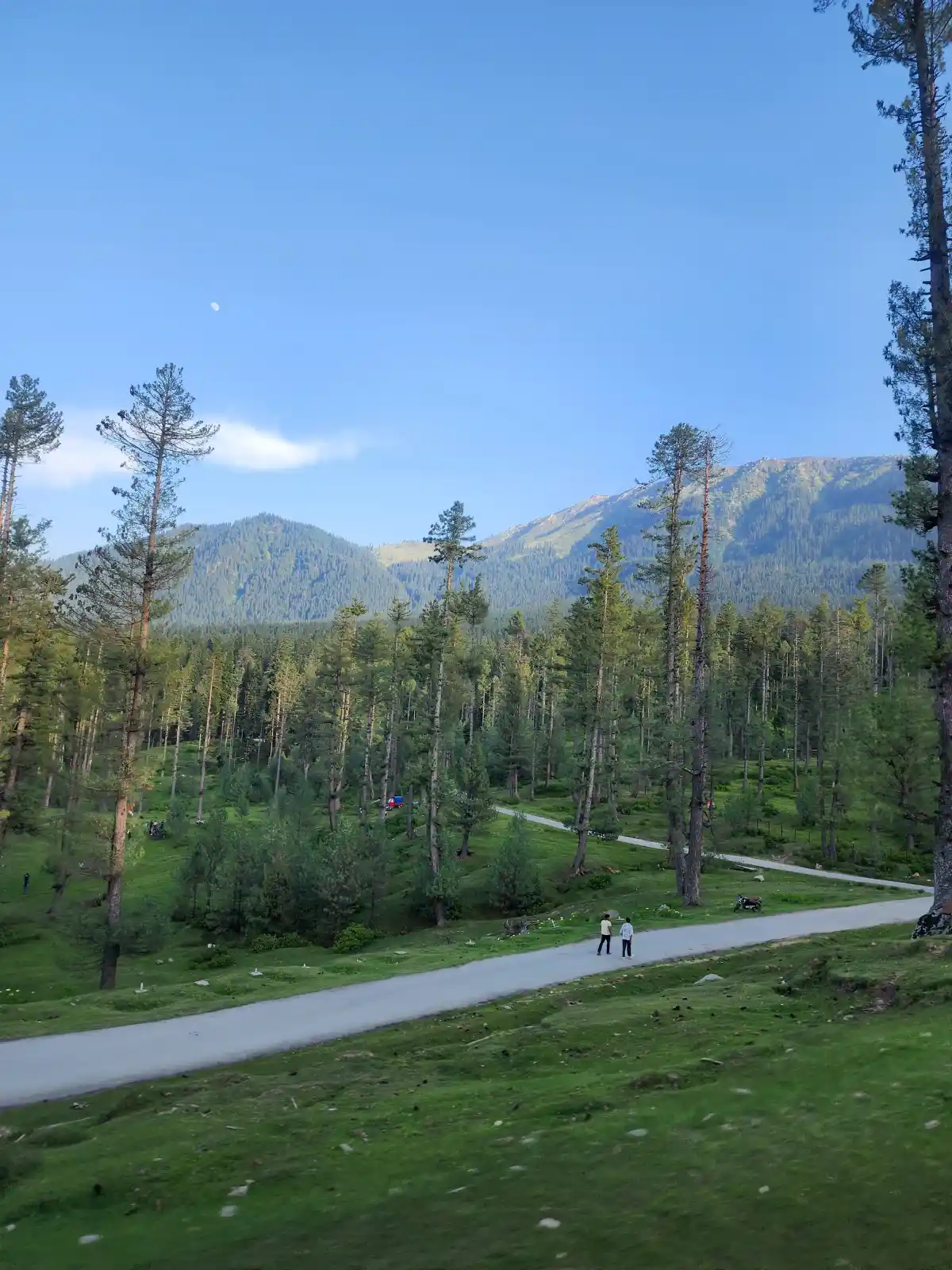
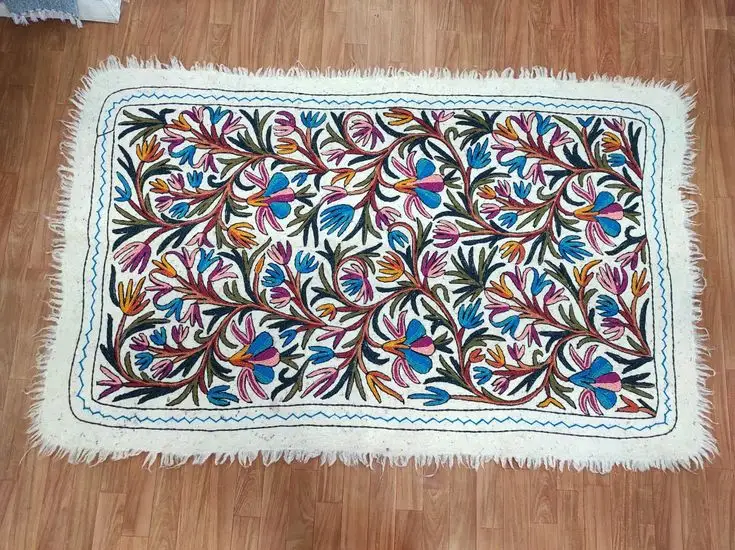
Namda are traditional felted wool rugs that are matted rather than woven, then hand-embroidered with bright patterns.
Why it is special: warm, lightweight, and practical for winter floors, with cheerful surface embroidery.
Where to buy: old bazaars and handicraft centers in Srinagar.
Tip: choose dense felting and neat embroidery; avoid pieces that feel overly stiff or unusually flimsy.
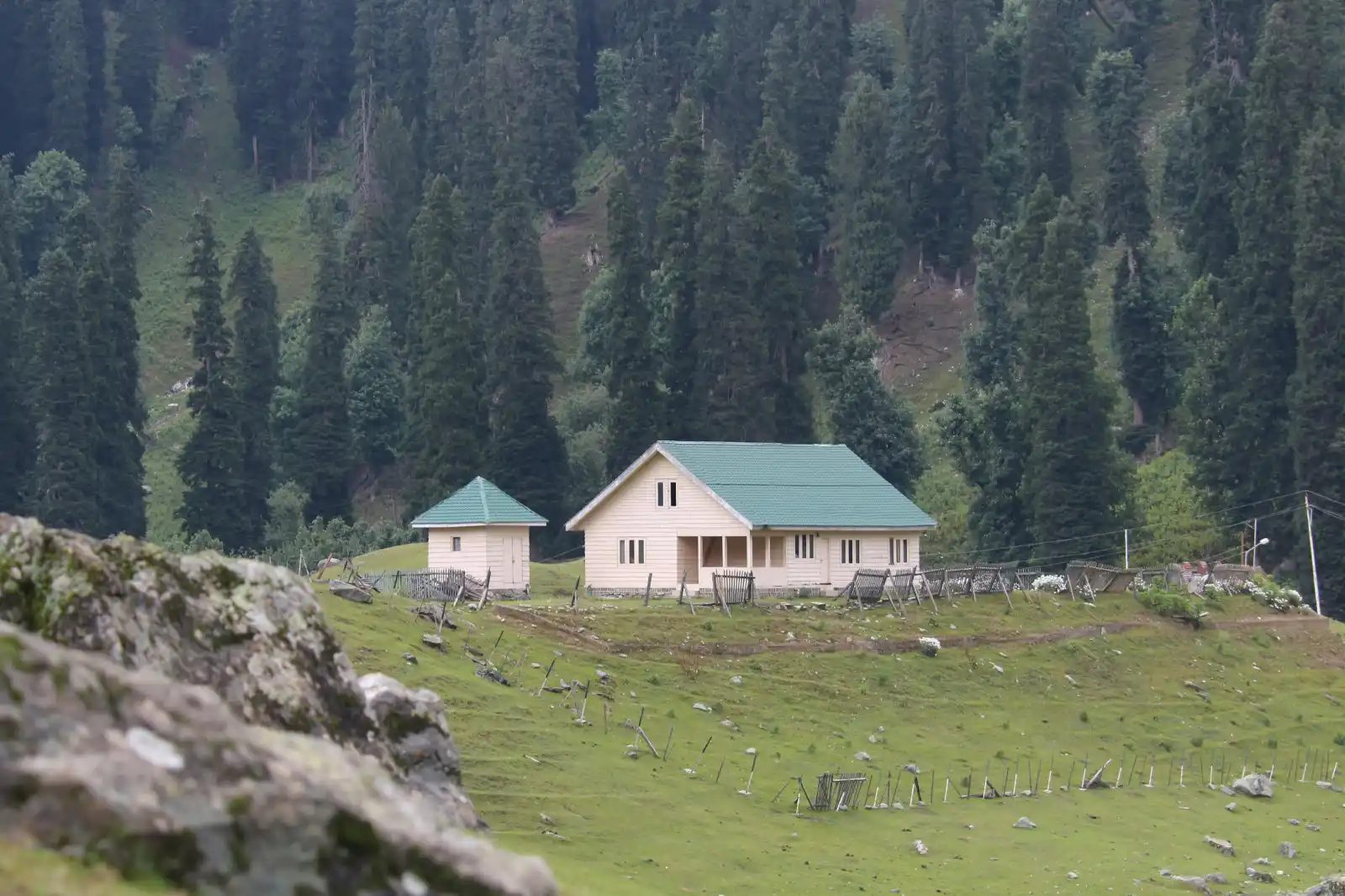
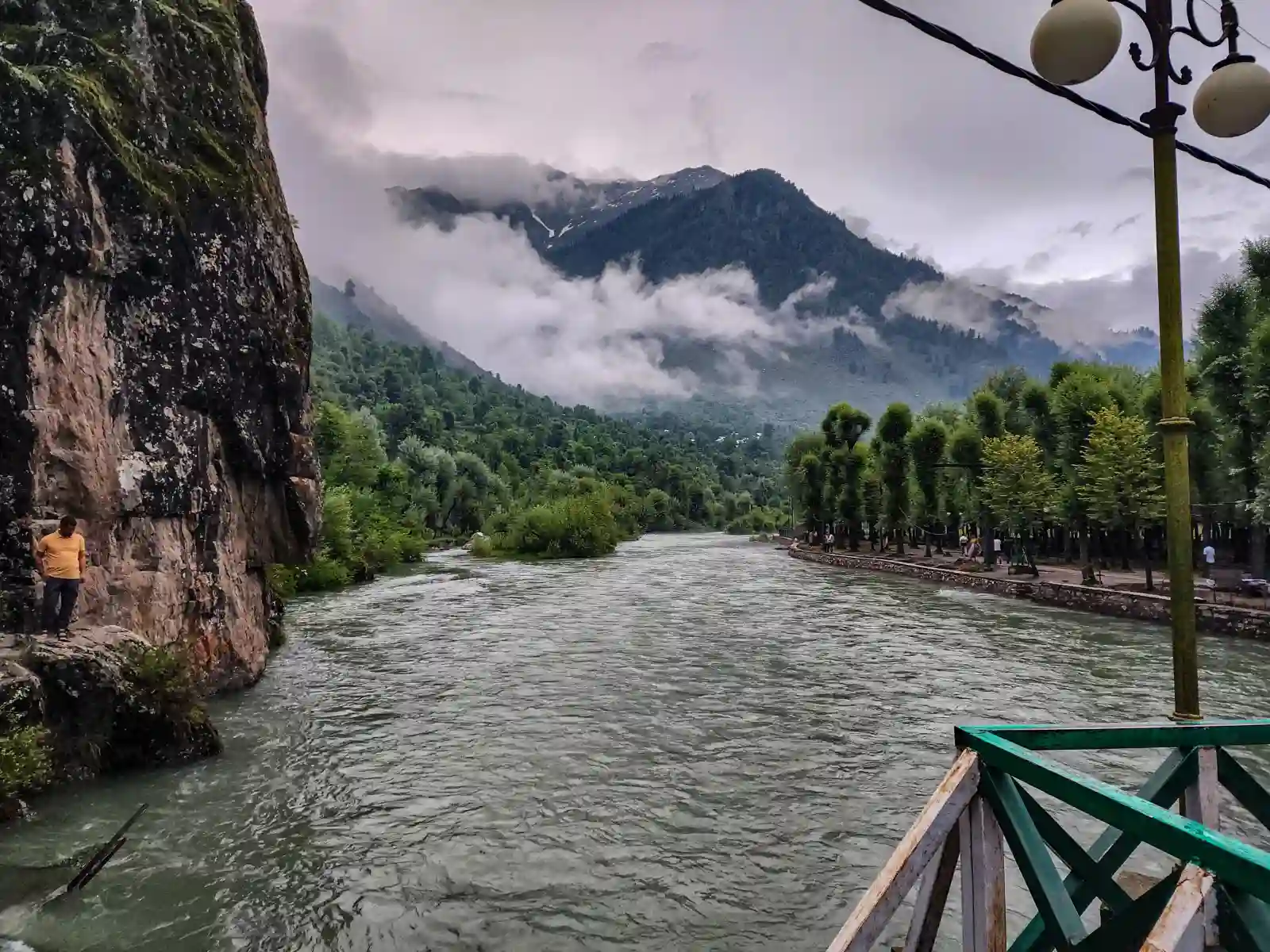

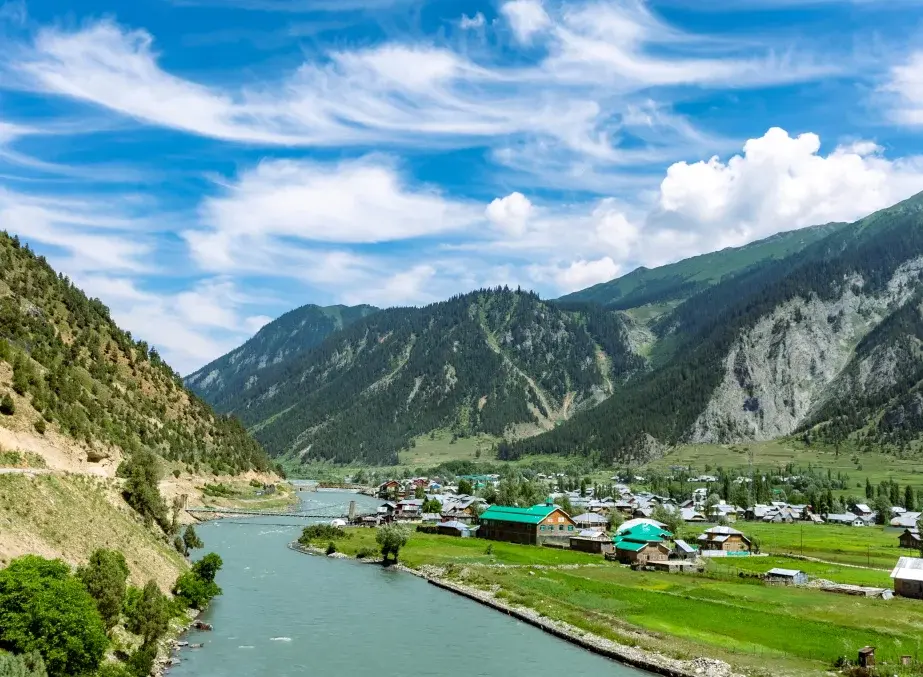
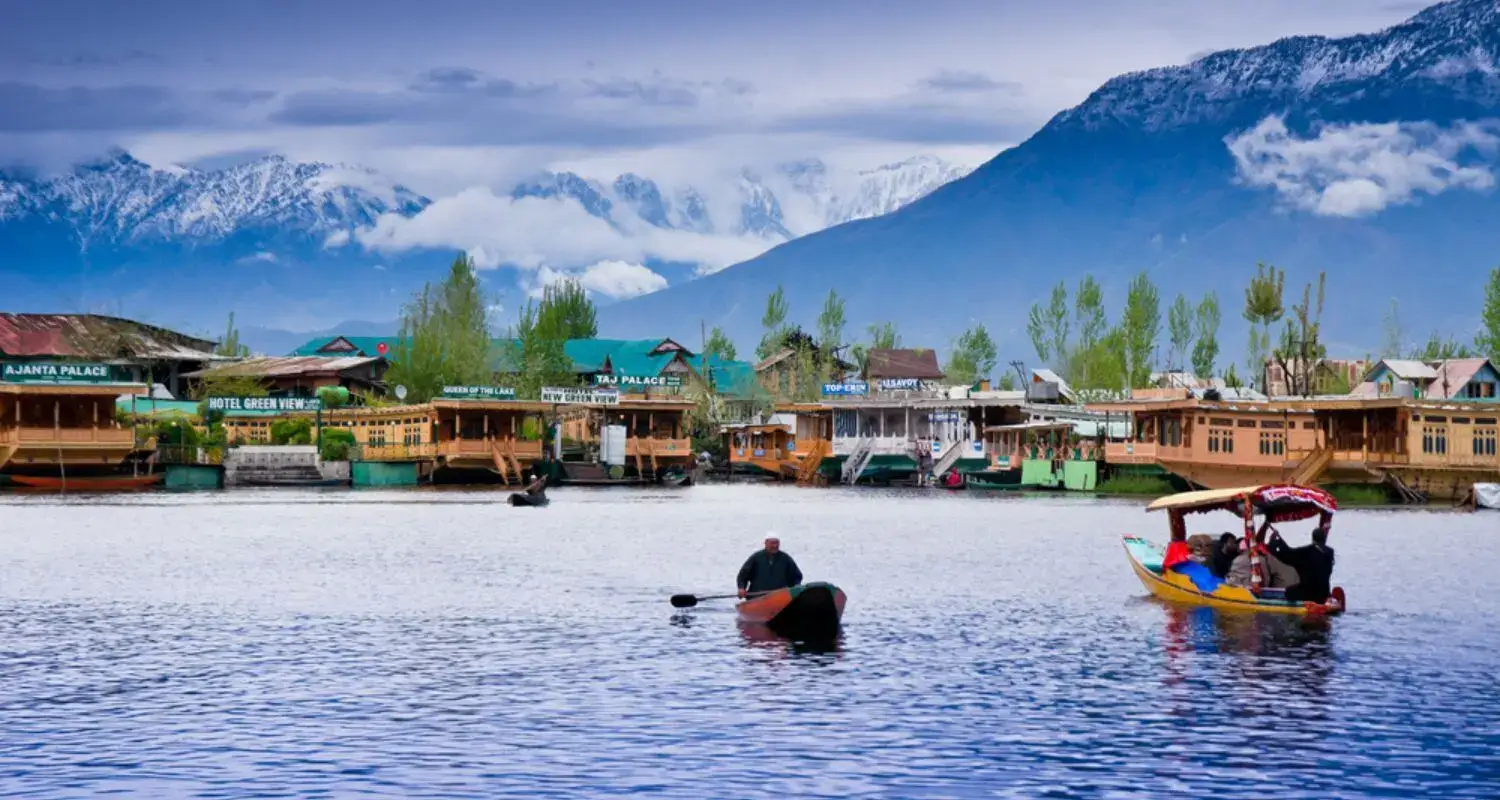

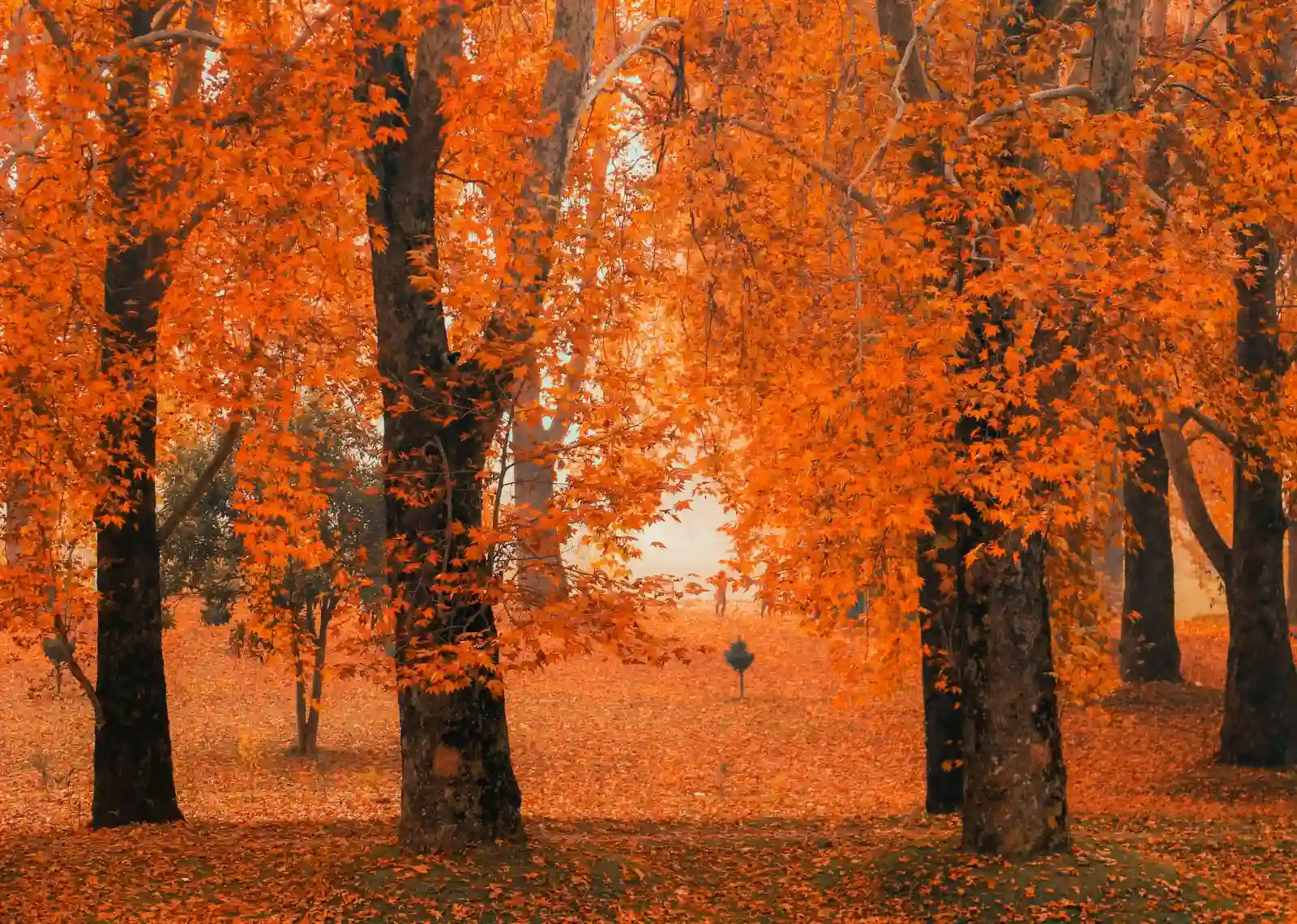

Kashmir’s papier-mâché dates back centuries. Artisans craft paper pulp into vases, trays, lamps, boxes, and ornaments, then hand-paint them with floral and geometric motifs highlighted with gold.
Why it is special: entirely handmade—from pulping and molding to painting and varnishing—resulting in lightweight yet striking collectibles.
Where to buy: Lal Chowk and Polo View Market in Srinagar, and smaller ateliers across the city.
Tip: inspect for smooth surfaces, crisp painting, and even varnish; prefer GI-tagged or certified studios when available.



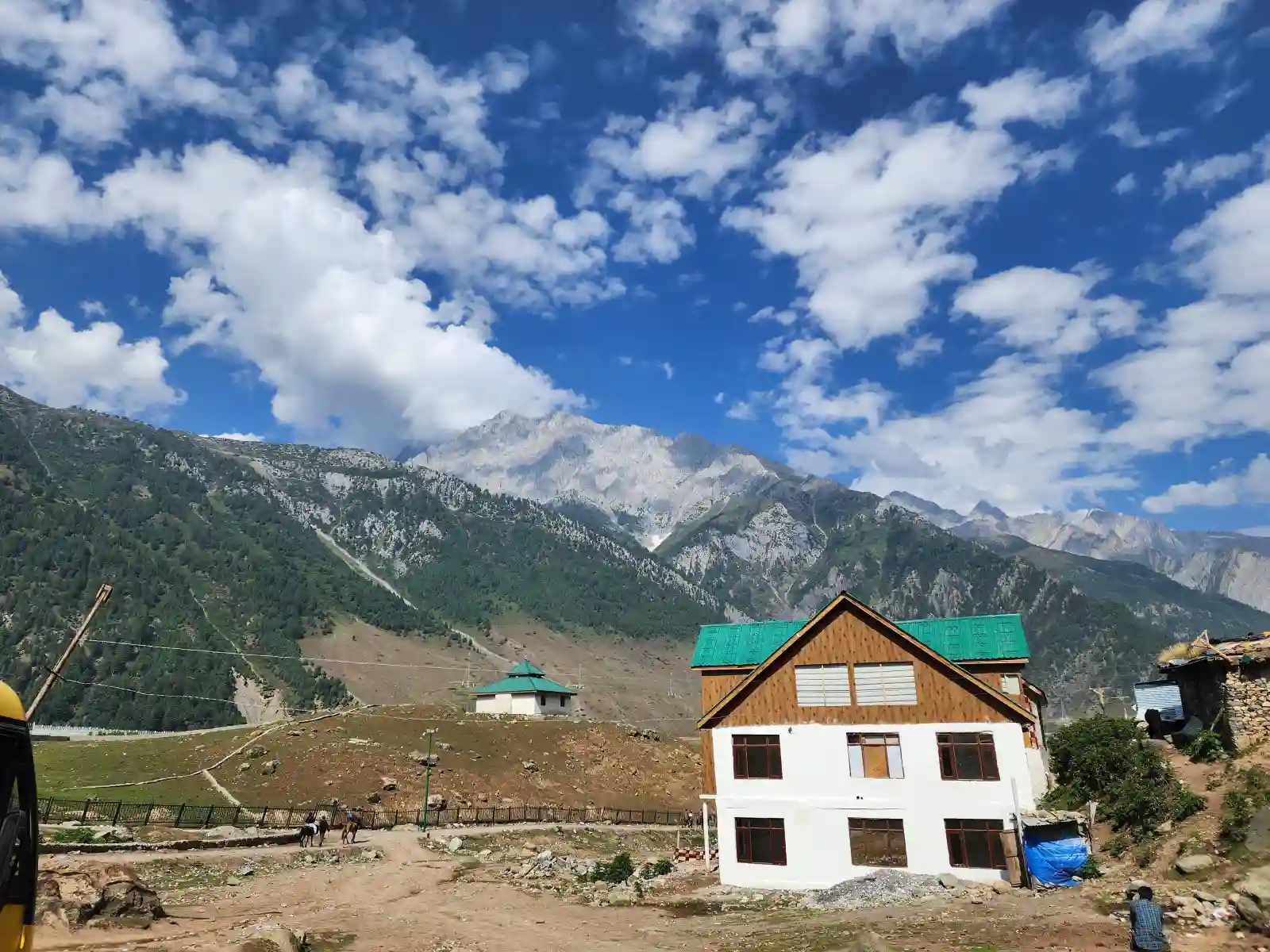
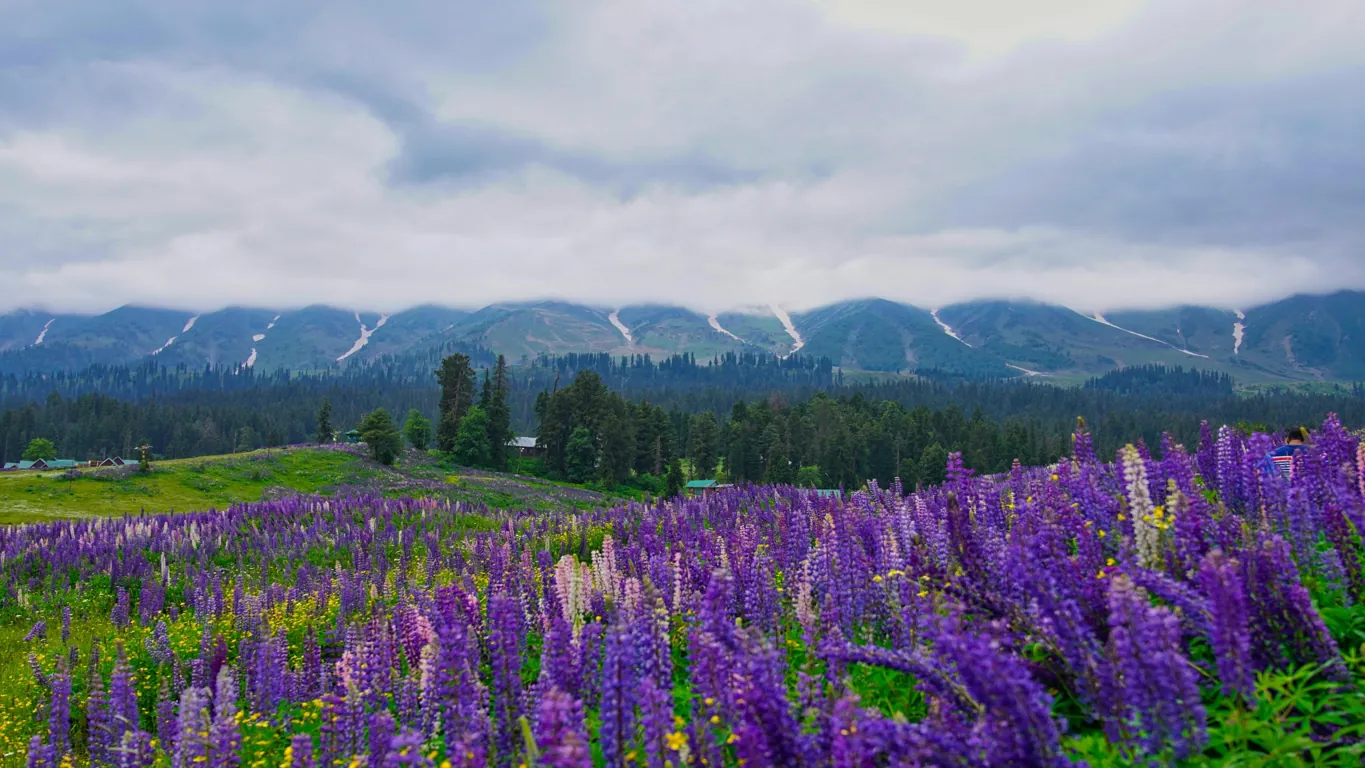
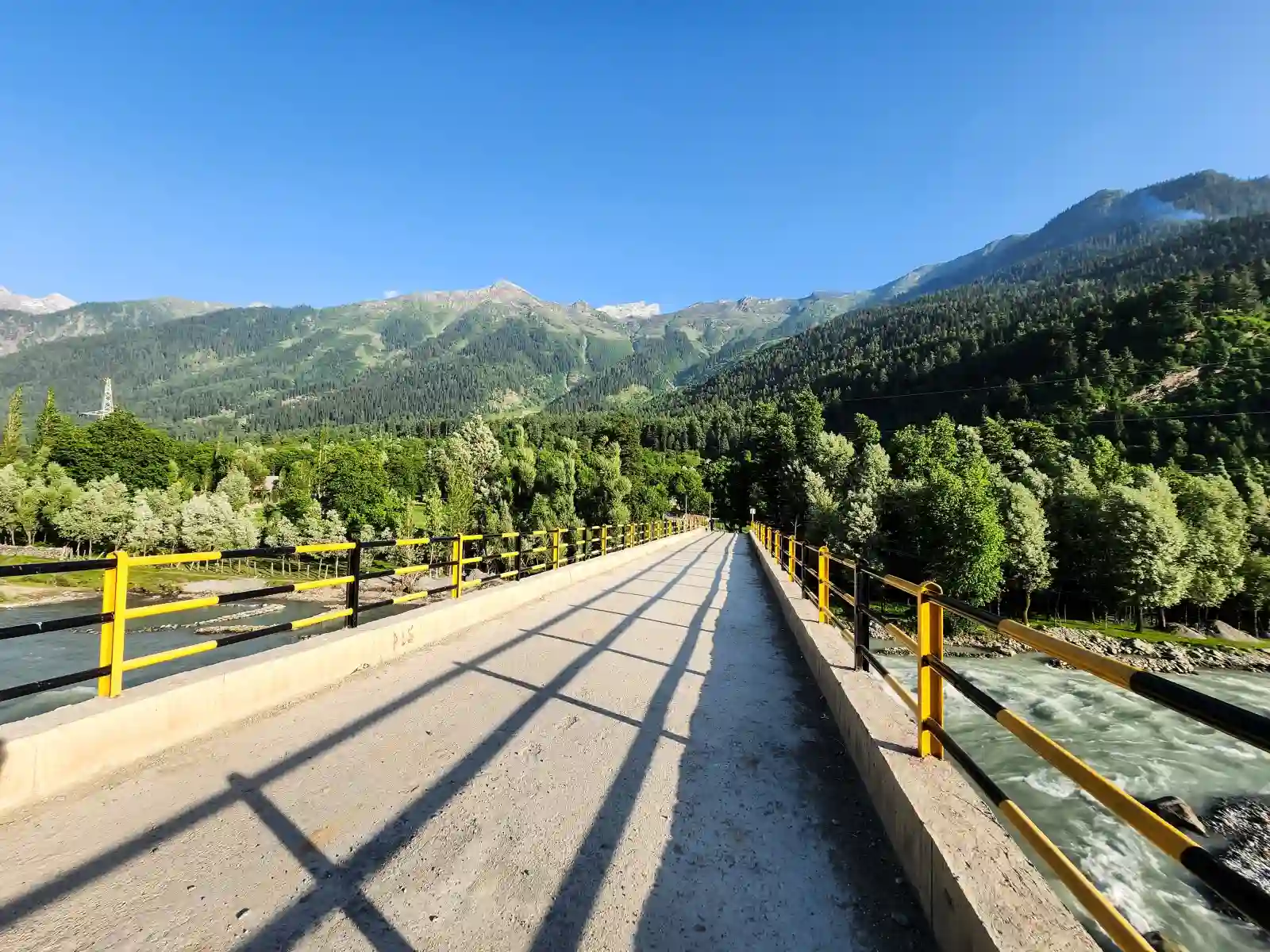

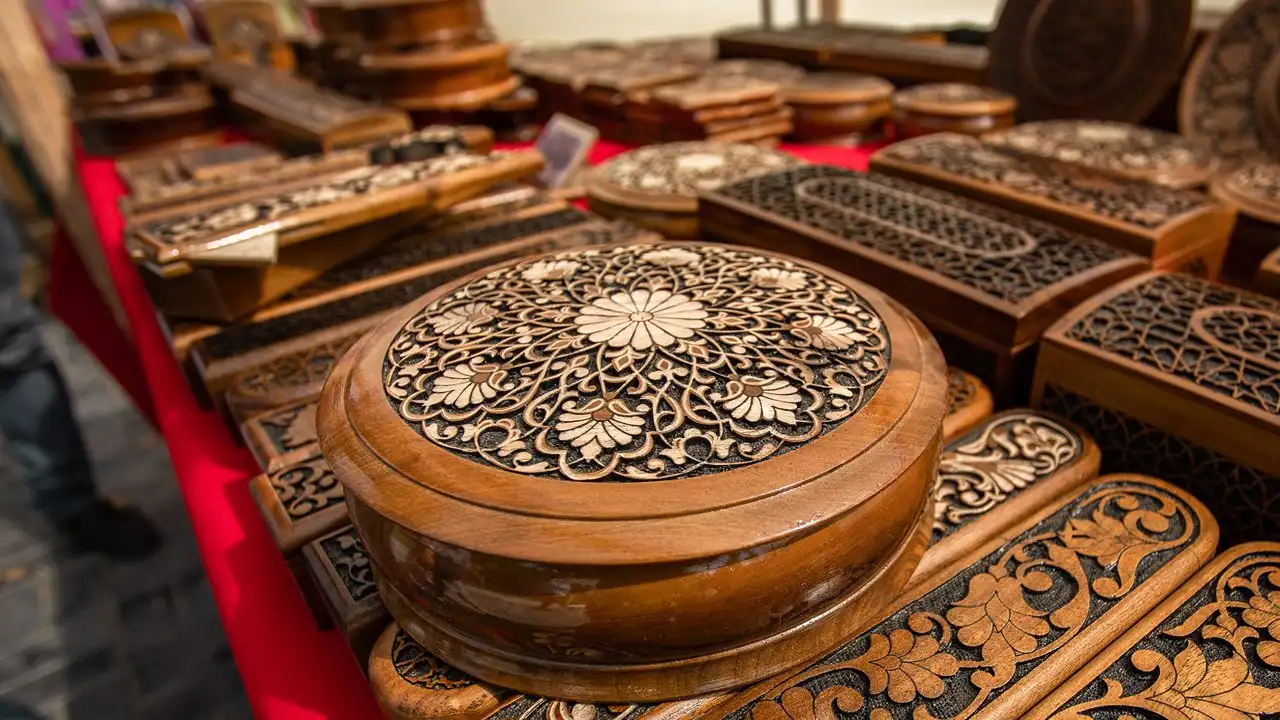
Walnut wood thrives in Kashmir and is transformed by master carvers into furniture and fine decor. The rich grain and durability make it a lifelong investment.
What to buy: jewelry boxes, trays, photo frames, lamp bases, wall panels, and heirloom furniture.
Why it is special: intricate carving in floral and nature-inspired patterns; deep, warm finish that ages beautifully.
Where to buy: specialist showrooms and government emporiums in Srinagar.
Tip: look for consistent carving depth, tight joinery, and a smooth finish; ask about seasoning to prevent cracking.
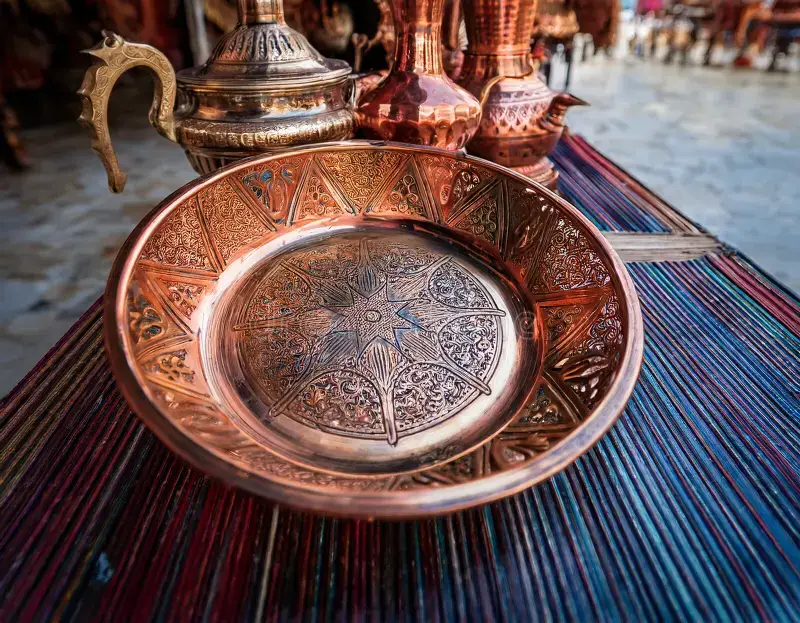
Copper and brass are integral to Kashmiri households. The iconic samovar—used to brew kahwa—is both functional and collectible.
What to buy: samovars, engraved trays and plates, lidded bowls, and wall accents.
Where to buy: traditional metalwork hubs such as the Zadibal area in Srinagar.
Care: hand-wash, dry thoroughly, and polish periodically; avoid abrasive cleaners that strip detailing.
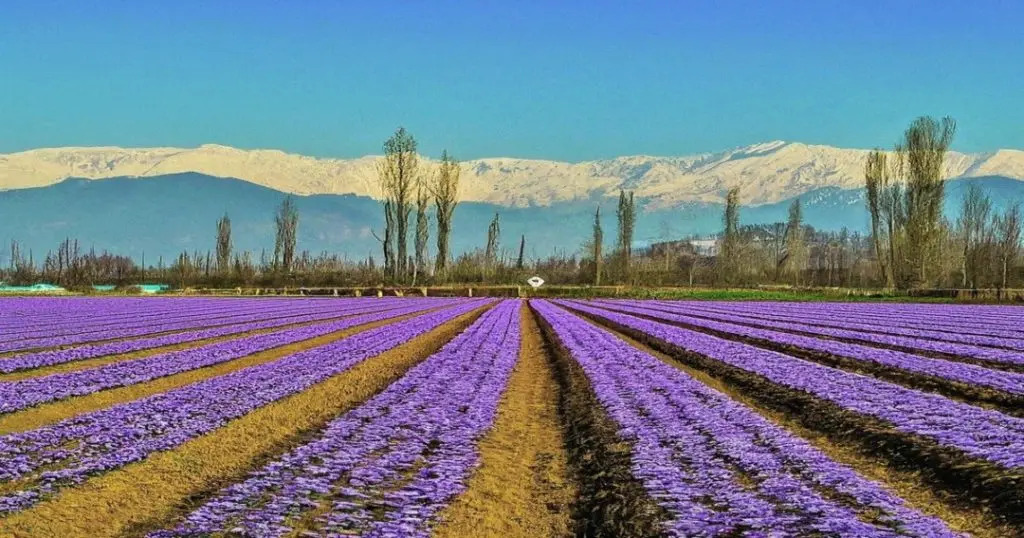
Grown mainly in Pampore, Kashmiri saffron is coveted for its deep color, rich aroma, and flavor.
Uses: biryanis, desserts, kahwa, and traditional remedies.
How to buy: choose threads (stigmas) over powders to reduce the risk of adulteration.
Where to buy: certified dealers, government outlets, and trusted shops close to Pampore’s fields.
Tip: a few threads yield strong color; store in an airtight container away from light.
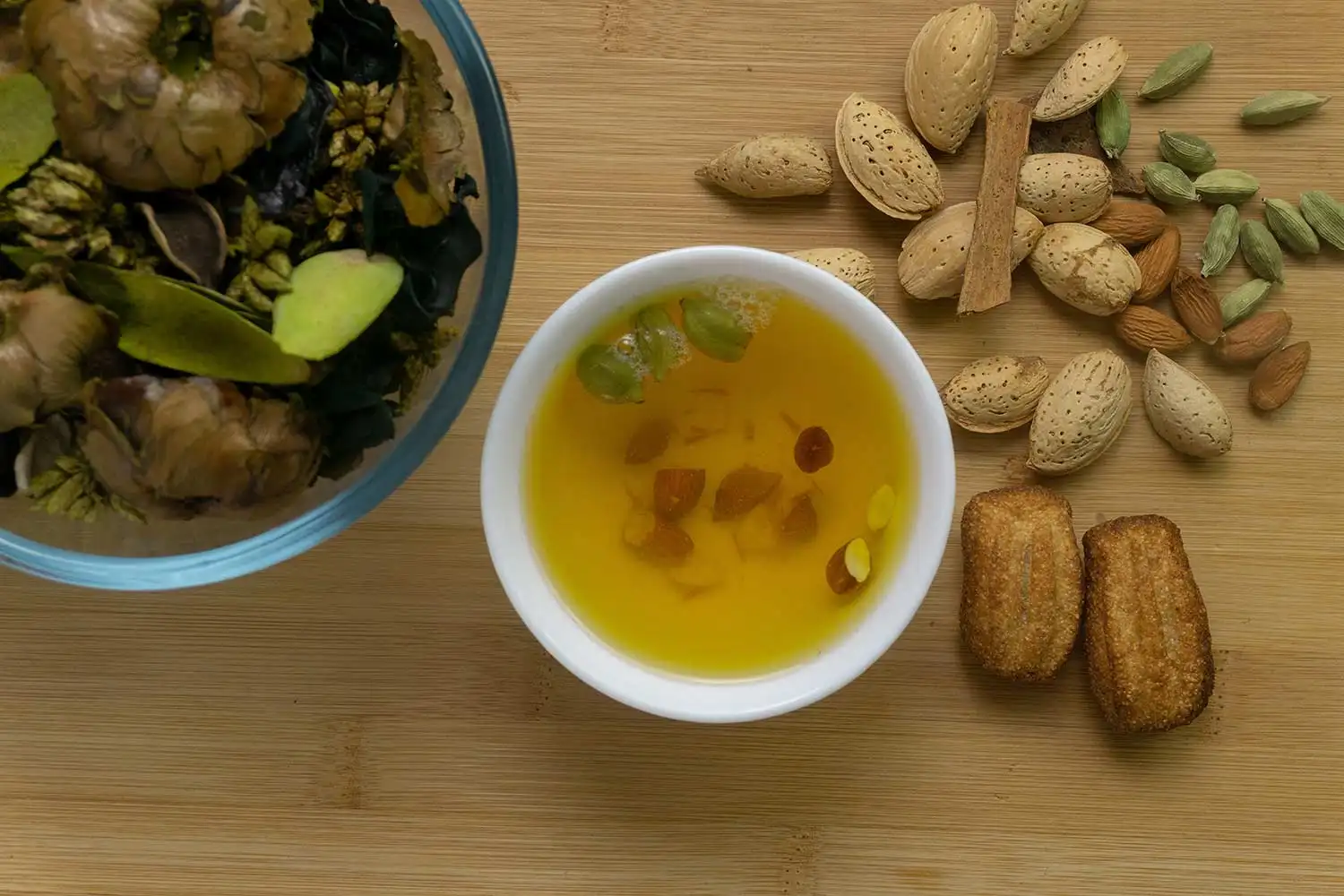
No shopping bag from Kashmir is complete without kahwa and premium dry fruits.
Kahwa: spiced green tea with saffron, cinnamon, cardamom, and almonds—sold as loose blends or convenient sachets.
Dry fruits: walnuts, almonds, dried apricots, and figs are favorites and travel-friendly.
Where to buy: dry fruit markets in Srinagar, Lal Chowk shops, and well-packed assortments at the airport.
Memory-maker: brewing kahwa at home instantly evokes your Kashmir Holiday experiences and the aroma of the valley.
Prefer GI-tagged or certified items for Pashmina, carpets, and papier-mâché where available.
Buy from government emporiums, reputed showrooms, or artisan cooperatives to reduce counterfeit risk.
Be cautious with unusually low prices; quality craftsmanship takes time and commands fair value.
For high-value purchases, request a bill describing materials and care instructions.
Bargain politely in street markets while respecting the artisan’s effort.
Carry some cash for smaller studios; cards and UPI are common in larger stores but not universal.
For bulky items like carpets, furniture, or large copperware, arrange insured shipping to your home.
Inspect stitching, joins, finishes, and paints closely; ask about maintenance to keep your purchase pristine.
If you are creating a balanced itinerary, cluster shopping with nearby sightseeing to save time—markets around Lal Chowk and Polo View pair well with central Srinagar attractions. Before you finalize your plans, browse trusted operators for private transport, guided artisan visits, and tailoring or shipping services. For a curated market walk focused on certified stores and ateliers, consider planning time specifically for Shopping in Kashmir so you can compare quality calmly and meet craftspeople at work.
Bringing home a piece of Kashmir means carrying a living tradition—whether it is a whisper-soft Pashmina, a silk-on-silk carpet, an heirloom samovar, or a hand-carved walnut box. Choose thoughtfully, buy responsibly, and care for these treasures, and they will reward you for a lifetime with beauty, warmth, and stories of the valley.